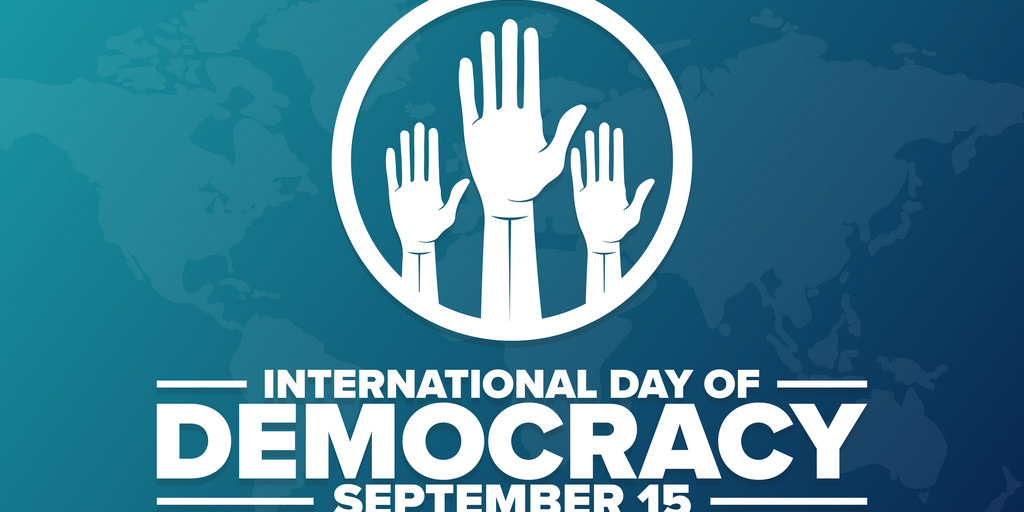Robust democratic institutions and processes are a necessary prerequisite but, on their own, offer no guarantee for overcoming the new (at the same time old) crises we face: global order and inter-system competition, the climate crisis, the coronavirus pandemic, social division and rising inequality. These crises, and in particular their combined impact, require governments to demonstrate long-term thinking and acumen in crisis management. If these crises are to be successfully navigated, governments will need to do more than identify and announce sustainable policy solutions; they will need to institute more inclusive and forward-looking policymaking processes in order to ensure the effectiveness of those measures in the longer term. The evidence shows that well-organized democracies navigate their way through crises better than do those with deficits in this area. Therefore, in addition to the category "robust democracy," the categories "sustainable policy solutions" and "good governance" have always been important complementary areas of analysis for the Sustainable Governance Indicators.
Our redesigned data portal sgi-network.org offers users the opportunity to address these issues from very different perspectives. Users can track developments over time, create their own rankings and weightings of individual aspects or view correlations. In addition, our informative country reports provide full assessments and the details specific to each country for each rating. This fall, we will be publishing further in-depth analyses of progress made in the areas of strategy development, policy coordination and consensus-building.
We would be delighted to have you take a closer look at this year's findings. This 10th edition of the SGI examines the first two years of the COVID-19 pandemic and provides key insights into states' resilience to crisis in democracy, policy performance and governance capacities. Each country report and the full set of quantitative data are accessible for free online at www.sgi-network.org. For the third time, our survey also includes expert assessments of issues such as political polarization, open government, digitalization uptake in interministerial coordination efforts, the effectiveness and quality of ex-post evaluations as well as regulatory enforcement.
You can follow us on https://twitter.com/ProjectSGI and stay informed of our recent analyses and project activities.



![[Translate to English:] Blick aus der Sicht der Kameras, die eine Pressekonferenz während der Corona-Pandemie halten.](/fileadmin/files/_processed_/e/3/csm_949840272AdobeStock_350682579_KONZERN_ST-NW_bbd9743d94.jpg)



